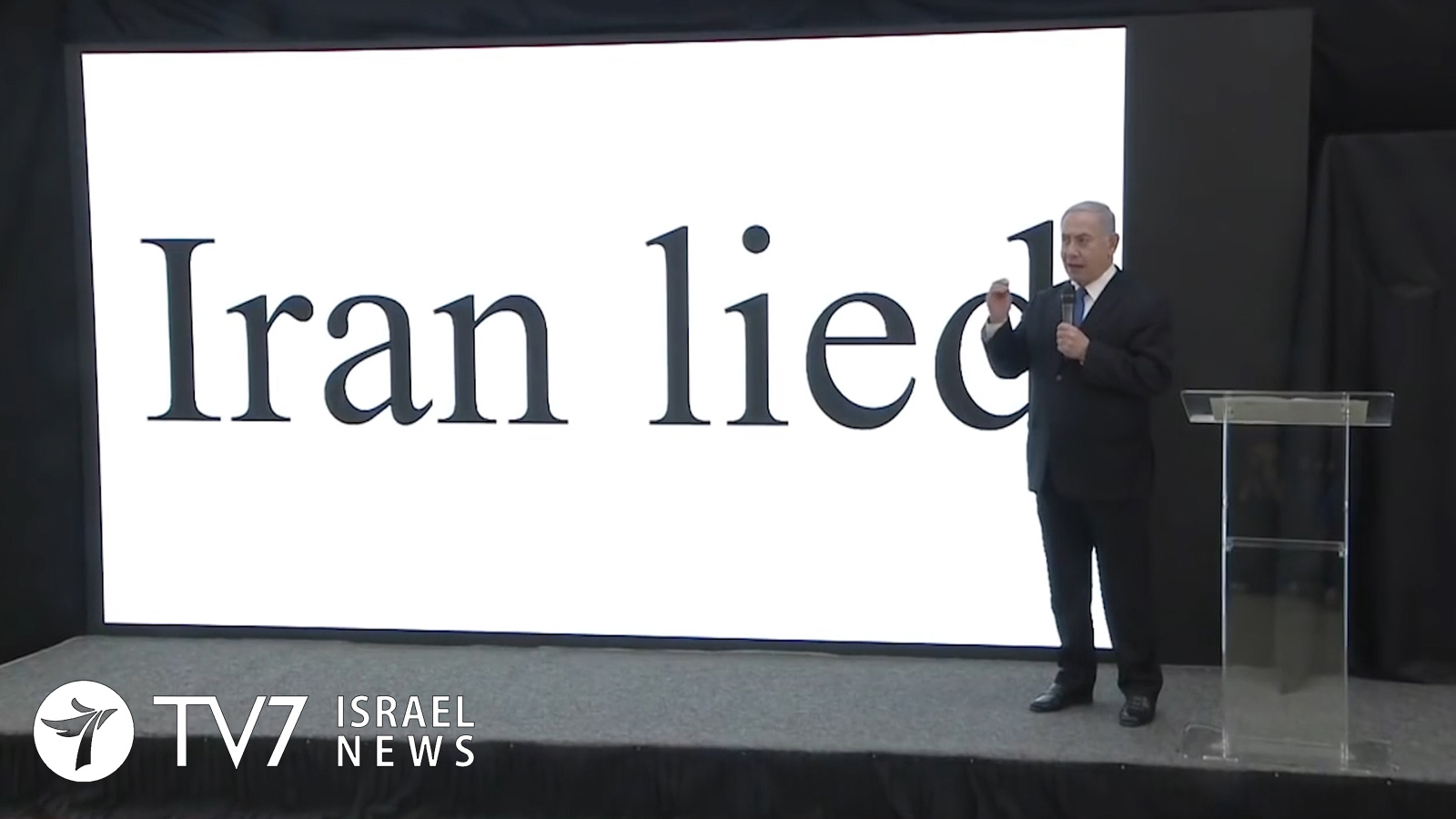Prime Minister Benjamin Netanyahu welcomed to his office in the capital the former International Atomic Energy Agency Deputy Director-General Olli Heinonen, who accused the Islamic Republic of Iran of violating its commitments pertaining to its nuclear program, under the Join Comprehensive Plan of Action – which is the technical term for the 2015 multilateral nuclear deal with Tehran.
Heinonen, who currently serves as a Senior Advisor on Science and Nonproliferation at the Washington-based Foundation for Defense of Democracies in addition to being an associate of Harvard University’s Belfer Center for Science and International Affairs, underscored that Iran had “a cohesive plan to manufacture nuclear weapons, and when and after the plan was halted, the IAEA was not provided, as was stated by Iran, with a full disclosure of the past nuclear program.”
Nevertheless, following a daring Mossad operation, which smuggled some 100,000 documents out of Tehran, the former IAEA Deputy Director General ascertained that the materials granted the international community imperative information that incriminate Iran’s nuclear aspirations. The former IAEA Deputy Director-General said: “Thank you for this brave action of taking them out [the nuclear archive documents] because this gives the material for the international community to think about it and it’s a good place on how to talk with the Iranians, how to stop it.”
While Heinonen noted, during one of his lectures, that the Israeli-obtained archival material provided proof of Tehran‘s nuclear aspirations, it was only a relatively small-piece of the puzzle, as “There is another 80 percent (of incriminating documents) that stayed behind.” In response to Heinonen’s elaborate assessment of Iran’s deceiving actions, Prime Minister Netanyahu praised him for stating the truth forthright; saying: “Thank you for your forthright analysis and your clear-cut conclusion. It’s very clear Iran is lying. Iran is continuing to work towards a bomb, in fact towards an arsenal of nuclear bombs, and we’re committed to stop it. And I thank you for pointing out what Iran is doing.”
While differences on tackling Iran’s malign activities continue to prevail between the United States and its European allies; French president Emmanuel Macron insisted that Paris does share the same objectives on Iran. He said: “I think we do share the same objectives on Iran. What do we want to do? First, we want to be sure they don’t get nuclear weapons. We have an instrument in 2025, we want to go further and have full certainty in the long run. Second, we want to reduce their ballistic activity. And third, we want to contain the regional activity. I mean, these three objectives are important.”
In response to President Macron’s statement, Iran’s Foreign Ministry Spokesman Abbas Mousavi said this morning that “raising issues beyond Iran’s nuclear deal… will not help save the multilateral accord; rather it would create further mistrust among the remaining parties to the deal.” Mousavi, used the opportunity to once again condemn the European states which take part in the 2015 nuclear deal – including France, Britain and Germany. He said that “the European parties have actually failed to fulfill their commitments under JCPOA to nullify the impacts of the US illegal withdrawal from the deal,” while adding that Europe has “also failed to prepare grounds enabling Iran to fully take advantage of the benefits of the multilateral and internationally recognized accord.”
While refusing to respond to President Donald Trump’s comments, the Iranian Foreign Ministry spokesman insisted that “raising issues beyond the JCPOA will bring about the deal’s collapse.”
